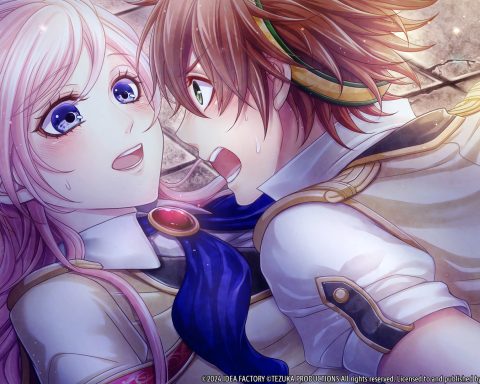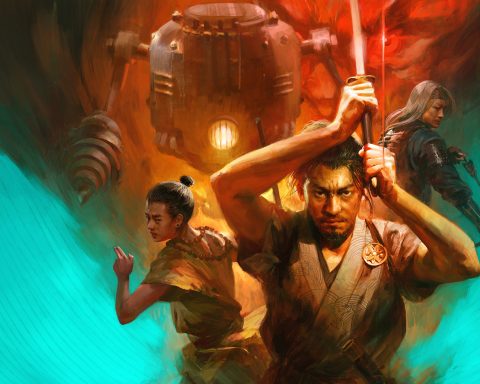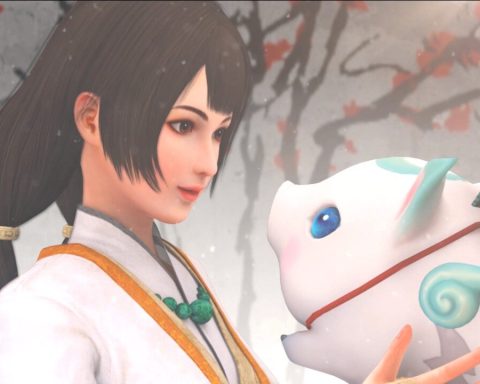The majority of the adventure genre is fittingly moulded around exploration. The most common approach to “exploring” in retro gaming was to utilise trial and error puzzles with ambiguous solutions rather than teach the player intuitively so that the length of the experience could be drawn out. The former approach still exists today, lingering on through the eras in titles such as the Punchline-developed Chulip.
So Oracle of Seasons in particular is based on “power”, or more accurately, exerting it at every conceivable opportunity. While the foes and obstacles are not terribly threatening in and of themselves, the clever placement of them means you’re going to either die a lot or learn to be cunning yourself. Most of that canniness will need to be done with your sword and movement skills rather than your perceptiveness of the broader environment.
 Puzzles are intact, but Seasons mostly features ones that revolve around pushing blocks or defeating enemies. In general, dungeons are straightforward and contained so that you can play with minimal downtime and interruptions and retain a sense that this is indeed a Zelda dungeon. Especially impressive is the way the dungeons are designed in order to hint players through them, without making it obvious that they’re doing so. You won’t need a playguide for this game, but at the same time you’ll feel like you’re working through the adventure on your own accord, rather than being led by the nose.
Puzzles are intact, but Seasons mostly features ones that revolve around pushing blocks or defeating enemies. In general, dungeons are straightforward and contained so that you can play with minimal downtime and interruptions and retain a sense that this is indeed a Zelda dungeon. Especially impressive is the way the dungeons are designed in order to hint players through them, without making it obvious that they’re doing so. You won’t need a playguide for this game, but at the same time you’ll feel like you’re working through the adventure on your own accord, rather than being led by the nose. None of the above is to imply that Oracle of Seasons lacks the charm the series is known for. Heck, the game’s visual style and overworld theme are ripped straight from fellow Game Boy title Link’s Awakening. Exploration is still a vital part of the whole process and takes time, but all of those sporadic obscure patches featured in past games have been weeded out.
None of the above is to imply that Oracle of Seasons lacks the charm the series is known for. Heck, the game’s visual style and overworld theme are ripped straight from fellow Game Boy title Link’s Awakening. Exploration is still a vital part of the whole process and takes time, but all of those sporadic obscure patches featured in past games have been weeded out. Technical Editor








